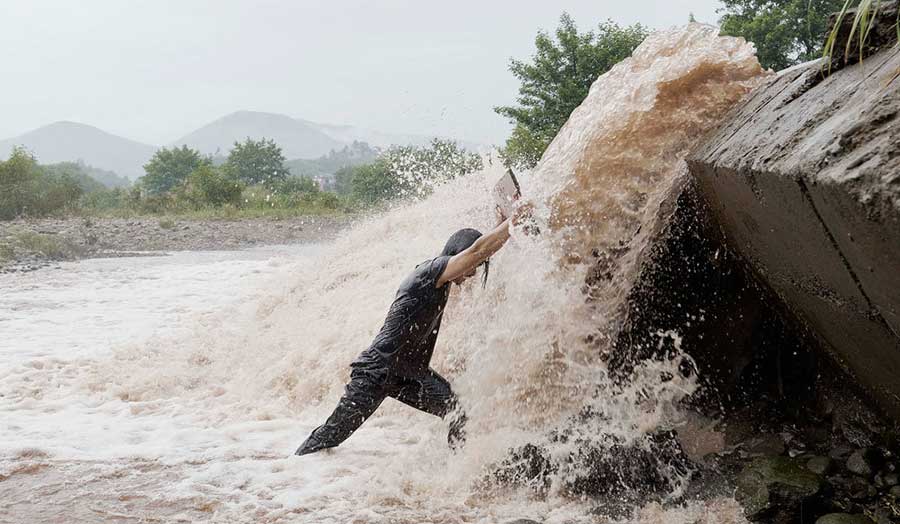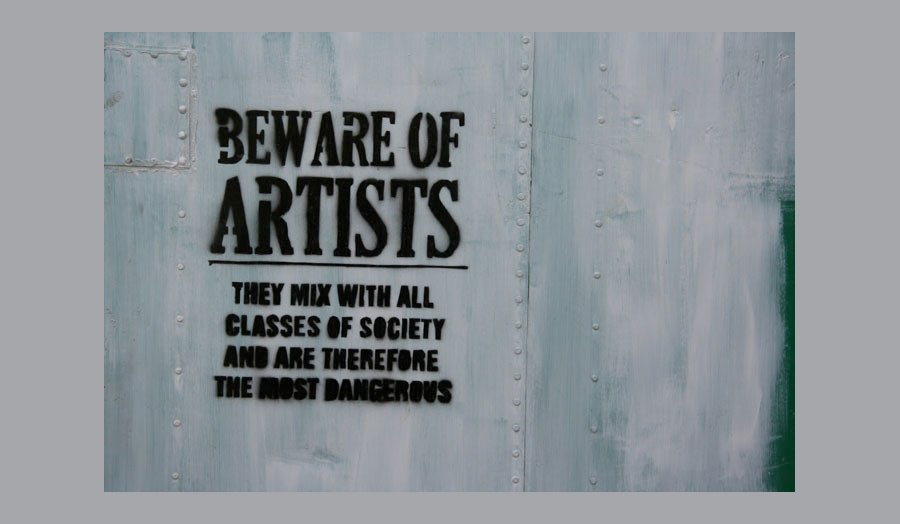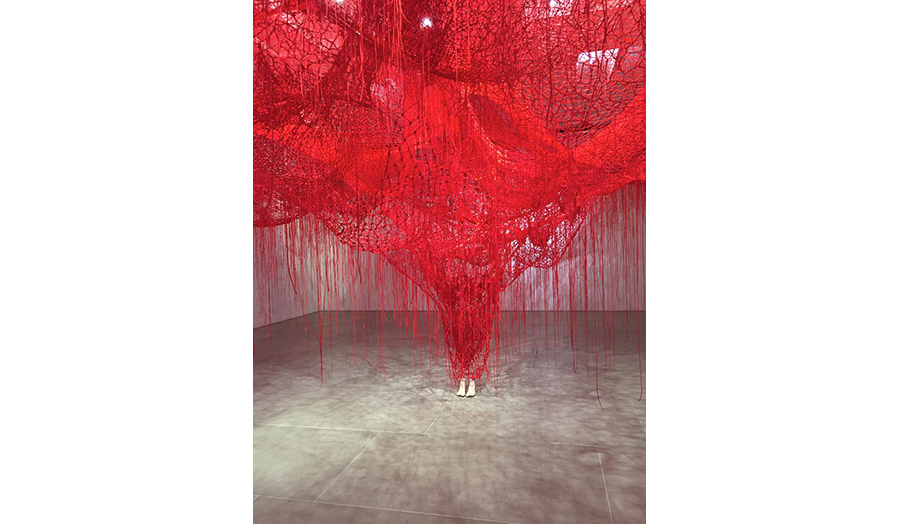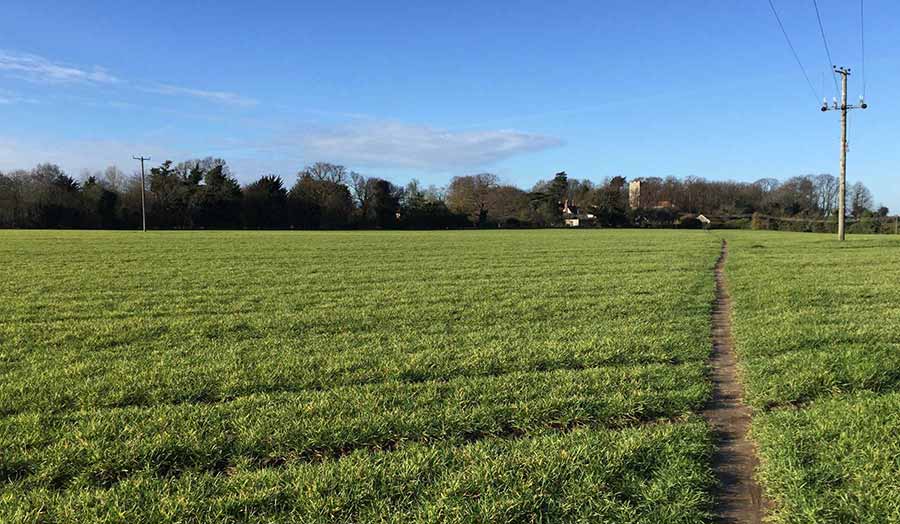Studio brief
Both the difficulties and the possibilities of making things well apply to making human relationships. Material challenges like working with resistance or managing ambiguity are instructive in understanding the resistances people harbour to one another or the uncertain boundaries between people. I’ve stressed the positive open role routine and practicing play in the work of crafting physical things; so too do people need to practice their relations with one another, learn the skills of anticipation and revision in order to improve these relations...
(Sennett)
This studio will consider the value of making – in itself, independent of the product or outcome, exploring the idea of craft as meaningful work. Art and craft will be considered not as categories of commodity or luxury objects, as a discrete set of practices or as expressive objects, but as a particular approach to making things and a kind of humanising creative experience. Craft-making will be examined as a form of meaning-making in which meaning is understood as contingent, embodied and evolving.
The studio will introduce contemporary writers who examine the nature of craft knowledge and whose ideas support an understanding of making as a human activity that is both intrinsically rewarding to the maker and outwardly directed or socially engaged, simultaneously promoting more subtle understandings of relational interdependence, empathy, equanimity, humility and a certain generosity of spirit.
These ideas will be given a historical context in the theoretical and ideological writings of William Morris who celebrated art and craft as socially useful and individually fulfilling creative work, a politicised form of work which was proposed as part of an alternative to industrial capitalism.
Rather than seeing craft as antithetical to contemporary society, part of an escapist refusal of modern life, we will discuss ways in which maker cultures might help us to re-imagine a sustainable late Modernity.
The aim of art is to destroy the curse of labour by making work the pleasurable satisfaction of our impulse towards energy, and giving to that energy the hope of producing something worth the exercise.
(William Morris)...the craft of making physical things provides insight into the techniques of experience that can shape our dealings with others... the capacities our bodies have to shape physical things are the same capacities we draw on in social relations.
(Richard Sennett)
Some suggested reading
- Adamson, Glenn (ed.), The Craft Reader (Oxford: Berg, 2010)
- Crawford, Matthew, The Case For Working With Your Hands (London: Penguin Group, 2009)
- Gauntlett, David, Making is Connecting (London: Polity Press, 2011)
- Harper, Paul, Doing and talking: the value of video interviewing for researching and theorizing craft PhD thesis (London Metropolitan University, 2013)
- Howes, Philip and Laughlin, Zoe, Material Matters: New Materials in Design (London: Black Dog, 2012)
- Johnston, Lucy, Digital Handmade: Craftsmanship and the New Industrial Revolution (London: Thames & Hudson, 2015)
- Knott, Stephen, Amateur Craft: History and Theory (London: Bloomsbury, 2015)
- Morris, William, Useful Work versus Useless Toil (London: Penguin, 2008)
- Sennett, Richard, The Craftsman (London: Allan Lane, 2008)
- Sennett, Richard, Together: the rituals, pleasures and politics of co-operation (London: Penguin, 2012)
Some things to look at over the summer
“The Craftsman made the ideal citizen of the republic...”
Sennett
- Richard Sennett on Art and Craft (YouTube)
- Craft Work and Skill (Mp3)
- Making Futures: People, Place, Meaning – Crafting Worlds and Social Making
See also link to Making Futures 2019 journals - Matthew Crawford (YouTube)
- Paul Harper (Vimeo)
-(1).jpg)
Details
| Tutor | Paul Harper |
|---|

-(1)-(1)-(1).jpg)
-(1).jpg)











